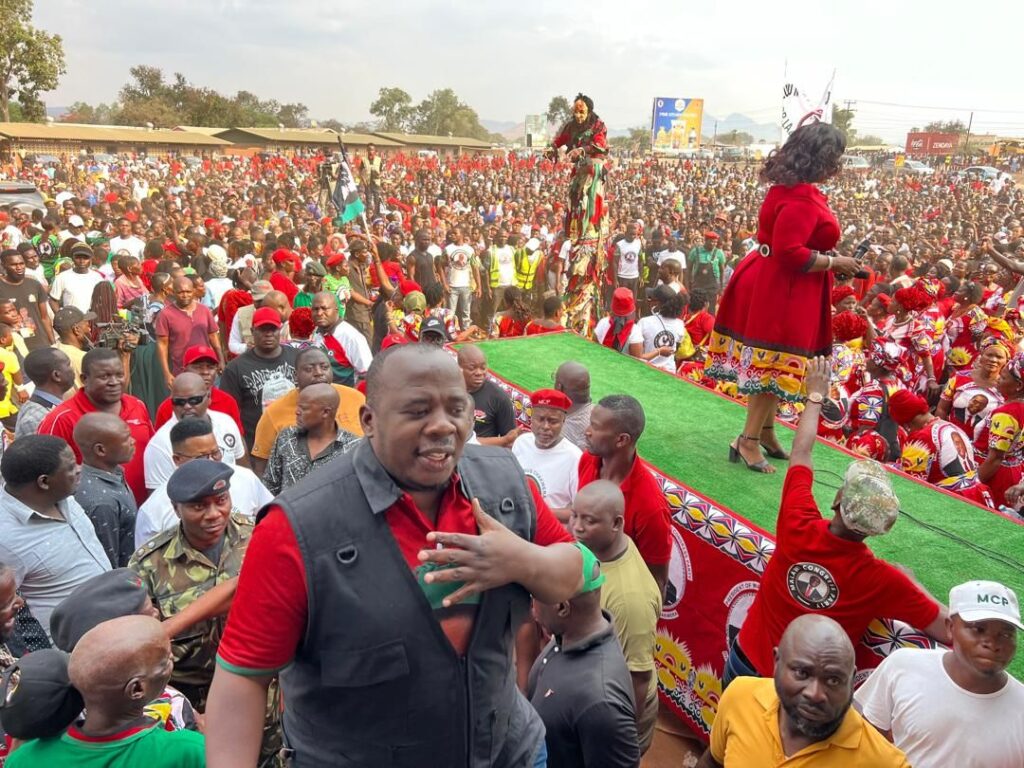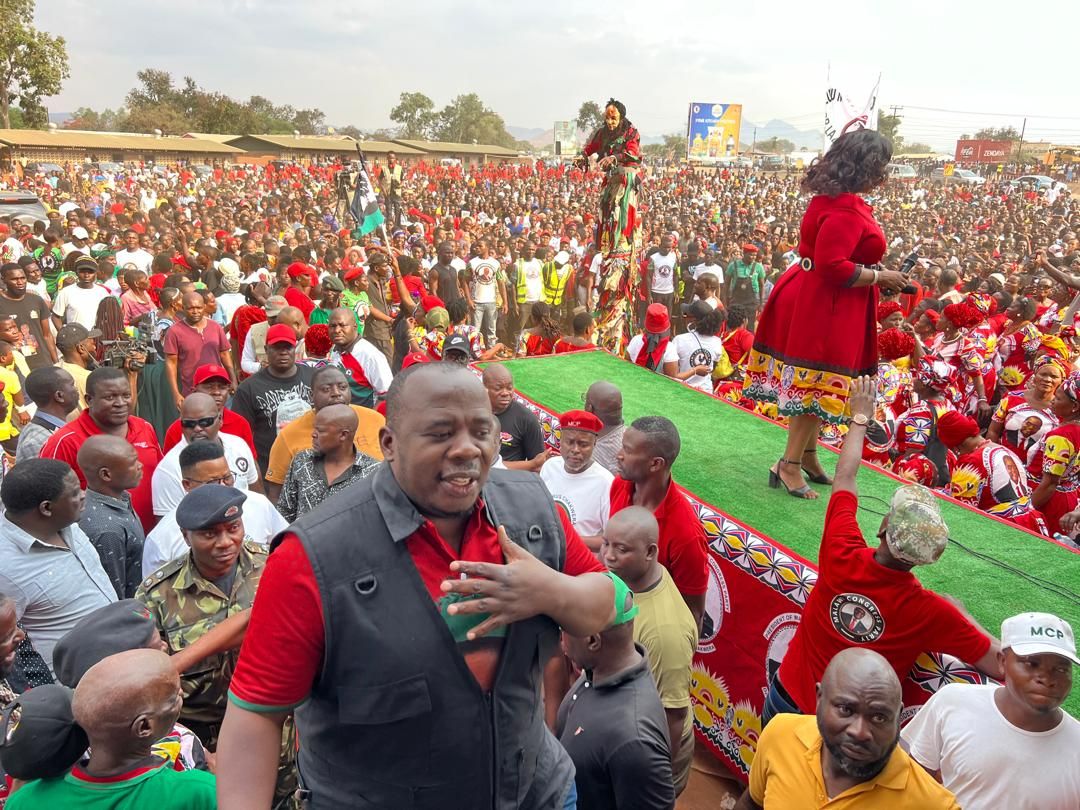By Burnett Munthali
In a significant political development in Blantyre, four notable figures have officially transitioned from the Democratic Progressive Party (DPP) to the Malawi Congress Party (MCP). This move took place during a rally held in Lunzu, where the MCP leadership warmly welcomed the new members, signaling a strategic shift in the political landscape as the 2025 elections approach.
The prominent figures, two of whom were former DPP members, expressed their reasons for the transition during the rally. The senior MCP official who received them emphasized the party’s vision for the country and the importance of unity in addressing national challenges. The newly joined members highlighted the pressing need for effective governance, noting that many citizens are still resistant to the current administration’s policies.

One of the former DPP members remarked, “Under the leadership of this government, we see a lack of vision. Many are just opposing the government for the sake of opposition, seeking to restore personal interests rather than the country’s growth.” This statement reflects a broader discontent among some political actors regarding the effectiveness of the current administration led by President Lazarus Chakwera.
The transition of these members to the MCP indicates a growing trend of realignment in Malawi’s political scene, particularly as parties prepare for the upcoming elections. The MCP has been actively courting individuals with substantial political backgrounds to strengthen its ranks and broaden its appeal among voters disillusioned with the status quo.
MCP officials have reiterated their commitment to addressing the challenges facing the nation, including poverty, food insecurity, and governance issues. By integrating these new members, the party aims to leverage their experience and networks to enhance its efforts in providing solutions to the pressing issues affecting Malawians.
As political dynamics continue to shift, the DPP faces the challenge of retaining its support base while the MCP seeks to consolidate its power ahead of the elections. The integration of these former DPP members into the MCP may serve as a bellwether for other politicians considering similar moves in the context of Malawi’s evolving political landscape.
The public will be closely watching how these changes impact the political discourse and voter sentiment as the nation heads towards what promises to be a contentious electoral period in 2025. The decisions made by key political figures today will undoubtedly shape the future of Malawi’s governance and democratic processes.



